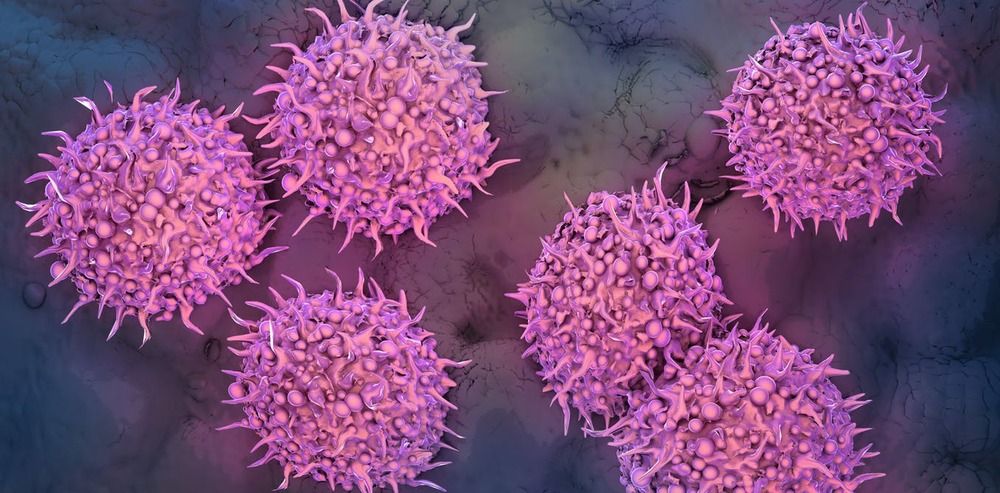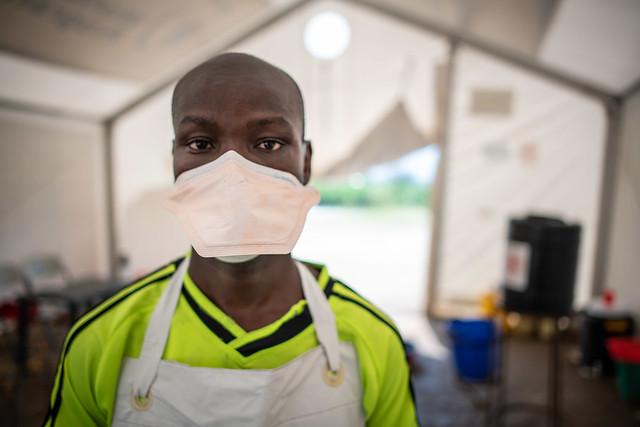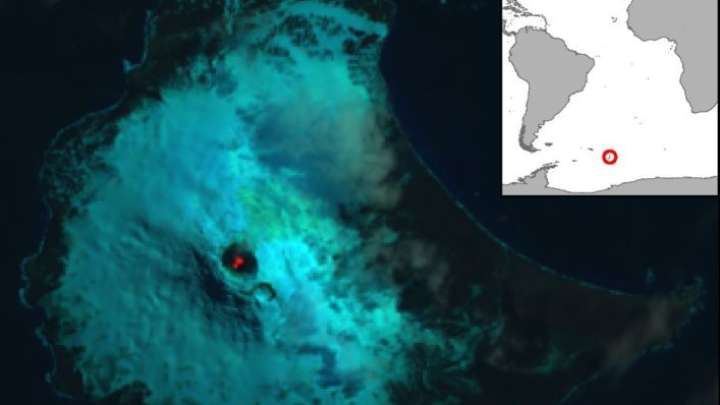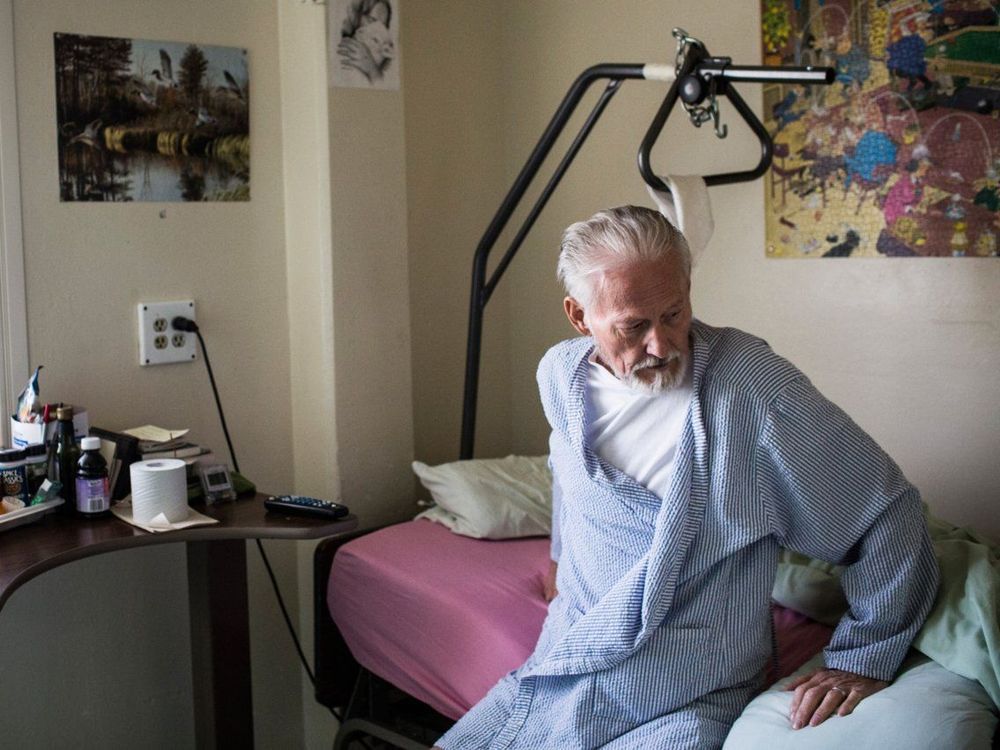The futuristic gizmo will launch this month.






A new method enables researchers to test algorithms for spotting genes that contribute to a complex trait or condition, such as autism.
Researchers often study the genetics of complex traits using genome-wide association studies (GWAS). In these studies, scientists compare the genomes of people who have a condition with those of people without the condition, looking for genetic variants likely to contribute to the condition. These studies often require tens of thousands of people to yield statistically significant results.
GWAS have identified more than 100 genomic regions associated with schizophrenia, for example, and 12 linked to autism. Results are often difficult to interpret, however. Causal variants for a condition may be inherited with nearby sections of DNA that do not play a role.

The Democratic Republic of the Congo (DRC) recorded at least 51 new cases of the Ebola virus since the beginning of the week, while two screening tents in Kasese, a Ugandan village that shares a border with the DRC, were burned after Ugandan workers detected a high fever in a Congolese boy trying to gain entry into Uganda.
Since the outbreak started nearly a year ago in North Kivu and Ituri provinces, DRC, neighboring countries have screened travelers through hundreds of points-of-entry (POE) screening sites.
On Wednesday, officials quoted in a Ugandan newspaper said the fires started after a teenage boy entering Uganda from the DRC tested positive for a high fever and was taken to a hospital in DRC.

Nestled amongst glaciers in one of the world’s most remote and volcanically active island ranges lies an incredibly rare lake of lava only now confirmed by scientists in the Journal of Volcanology and Geothermal Research.
Residing on Saunders Island in the South Sandwich Islands, measuring between 90 and 215 meters (295 and 700 feet) in diameter, and with temperatures soaring above 1,200°C (2,160°F), the lava lake of Mount Michel joins just seven other known features of this nature on Earth. Lava lakes are extremely rare with even the most persistent ceasing after just a century.
“We are delighted to have discovered such a remarkable geological feature in the British Overseas Territory,” said study author and geologist Alex Burton-Johnson in a statement. “Identifying the lava lake has improved our understanding of the volcanic activity and hazard on this remote island, and tells us more about these rare features, and finally, it has helped us develop techniques to monitor volcanoes from space.”
David Sinclair PhD is a biologist and Professor of Genetics at Harvard Medical School, co-director of the Paul F. Glenn Center for the Biological Mechanisms of Aging and author of the forthcoming book “Lifespan: The Revolutionary Science of Why We Age — and Why We Don’t Have To”.
This conversation is about the science behind aging and David’s research on the biology of lifespan extension, treating diseases of aging and extending human lifespan.
Note — this is AUDIO ONLY (we didn’t film this podcast)
Enjoy!
✌🏼🌱 — Rich
PODCAST, BLOG & SHOW NOTES
http://bit.ly/richroll436
DAVID SINCLAIR, PhD

You don’t improve the body by breaking its parts. In the case of prostate cancer this might be a fair trade-off, but unless you have a specific medical condition that is serious and life-threatening you should not be poisoning yourself with metabolism breaking chemicals. They will have negative impacts all over the body as a rule.
A study of more than 150,000 men with prostate cancer found that a certain hormone treatment is linked with increased risks of dementia and Alzheimer’s.
There’s a 20-percent higher chance of having dementia for older men who have taken the prostate cancer treatment, according to the research study from JAMA Network. That drug treatment, called androgen deprivation therapy (ADT), is used to suppress male hormones (like testosterone) that can help to spread prostate cancer in the body.
